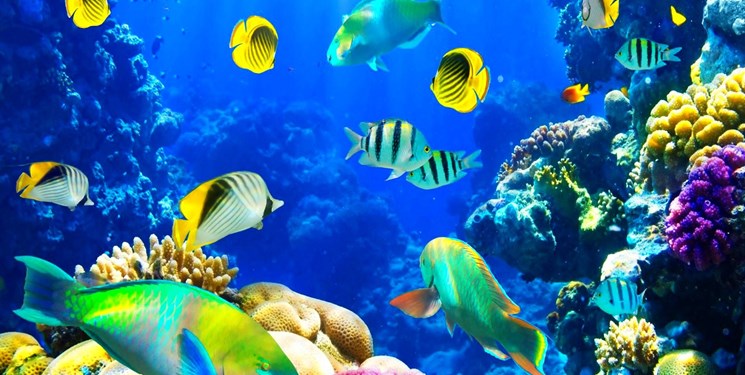
About the Fisheries Department
The Department of Fisheries of the University of Kurdistan began activity in 2005 by admitting 24 BSc students. It has admitted students for MSc and PhD degrees in Aquaculture since 2012 and 2022 respectively,as well as MSc in Aquatic Ecology since 2017. Currently, the department is one of the few active training centers in the field of aquaculture and fisheries in the west of Iran, and due to its proximity to the Iraqi Kurdistan region, it has a high potential for training those in Iraq (and of course all the countries of the world) who are interested in the field. At present, the department involves six full-time faculty members (three associate professors and three assistant professors), four of whom specialize in aquaculture, one in aquatic ecology, and one in aquatic health and diseases. The department currently has a wide variety of laboratory equipment and devices for research in various subfields of fisheries, which are distributed in seven laboratories with a total area of about 250 square meters. The Department of Fisheries also has a small experimental farm (consisting of three rows of concrete ponds) in the village of Dushan. Undergraduate and graduate students are acquainted in the department with various areas of aquatic science including aquaculture, aquatic ecology, methods of fish capture, fish processing, etc. Those who are admitted to the department are trained to be self-sufficient in meeting part of the protein needs, contributing to youth employment, and preserving the country’s aquatic ecosystems through knowledge of these systems, the types of aquatic animals, and their methods of reproduction, breeding, capture, and processing. The significance of the field is clarified given that employment and income generation from the fisheries would be impossible without a scientific attitude and reliance on research findings and application of new technologies, also accounting for the possibility of correct, sustainable use of water resources, resource protection and restoration, diversification and enhancement of production, and improvement of product quality. While acquiring skills and scientific experience in the basic areas of biological science such as zoology, botany, and ecology, the students are acquainted during their studies with specialized topics in the field, exemplified by breeding and rearing of fish, crustaceans and mollusks, aquatic ecology, limnology, hydrobiology, aquatic animal nutrition, nutrition management, fish processing, aquatic health and diseases, fish genetics and breeding, and with application of new technologies such as biotechnology and nanotechnology and of other skills required to meet the needs of administrative and research departments.
















